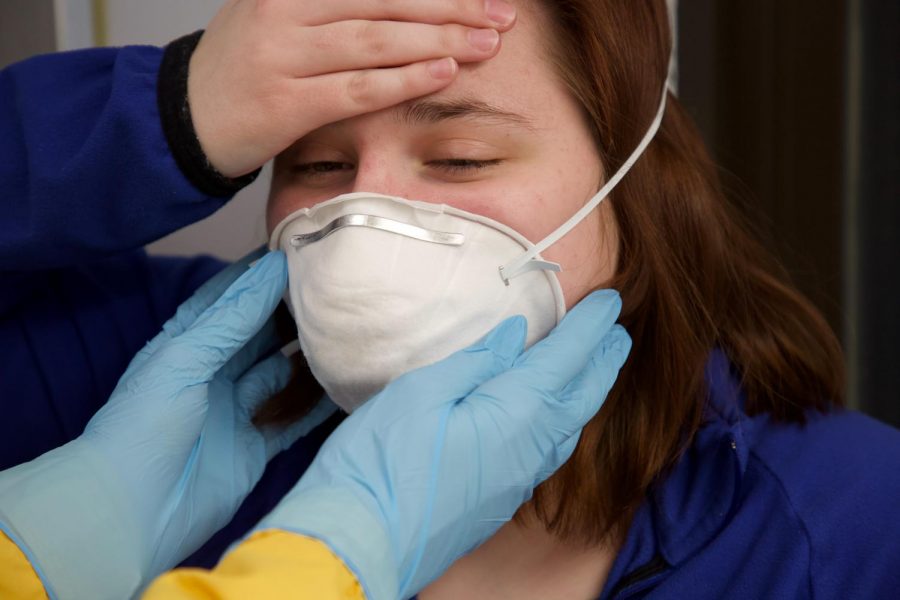Coronavirus and its Influence on Students
March 3, 2020
The spread of Coronavirus Disease (COVID-19) increased the concerns and worries of Lakeland students who planned to visit Asian nations during summer break.
Centers for Diseases Control and Prevention (CDC) defined COVID-19 as, “a large family of viruses that are common in many different species of animals, including camels, cattle, cats, and bats. Rarely, animal coronaviruses can infect people and then spread between people such as with MERS-CoV, SARS-CoV, and now with this new virus (named SARS-CoV-2).”
According to the World Health Organization, the symptoms of COVID-19 are similar to the common cold or flu such as tiredness, fever, runny nose, sore throat, and dry cough. Roughly 80% of patients recover without any special treatment. However, elderly people, especially those with difficulties breathing, need more medical support. To protect yourself from COVID-19, those actions are recommended; clean your hands regularly, avoid touching your eyes, mouth, and nose, and keep 3 feet away from people who are coughing or sneezing.
The United States Department of State Bureau of Consular Affairs announced travel advisories; Level 2 “Exercise Increased Caution” for Japan on Feb. 22, Hong Kong on Feb 20 and Italy on Feb.26, Level 3 “Reconsider Travel” for South Korea and Mongolia on Feb. 26, and Level 4 “Do Not Travel” for China on Feb 2.
Yurina Suzuki, a senior international student from Japan, mentioned her worry about going back to Japan. “I worry that the airplane might be stopped between Japan and the United States. I think the cold weather might be one of the factors, so I hope the situation gets better by the weather getting warmer in Japan,” Suzuki stated. She also cares about the people in Asian nations facing the serious lack of protective masks. “Japan is getting into the spring allergy season, so the lack of masks would be very hard for people who really need them,” Suzuki mentioned.
Andrea Barile, a senior student who is planning to visit Japan this summer break, stated her perspective on COVID-19 and traveling to Japan. “The Coronavirus is not necessarily something that I am concerned about, as statistically it is not that dangerous. While that may be true, the quarantine process is not fun nor something I truly wish to go through, so that is hindering me from returning to Japan,” Barile stated.
The influence of COVID-19 isn’t only on the health aspects but also on international events. On Feb. 26, Dick Pound, a member of the International Olympic Committee (IOC), told Reuters about the possibility of rescheduling the summer Tokyo Olympic 2020. “Only if there is the worst possible outcome of this virus and it becomes a real pandemic or world health is at stake, then we reluctantly have to say well that’s more important frankly than the Olympics,” Pound stated in the interview with Reuters.
Risa Ohashi, a junior student, who came from Japan this semester, added her observation on the situation inside Japan. “People worry about going to the places or events where people gathered. Many events, such as concerts and job information fairs, were cancelled. Companies announced their employees to work remotely,” Ohashi stated.
Students are recommended to protect themselves and keep up with the latest news about COVID-19.


